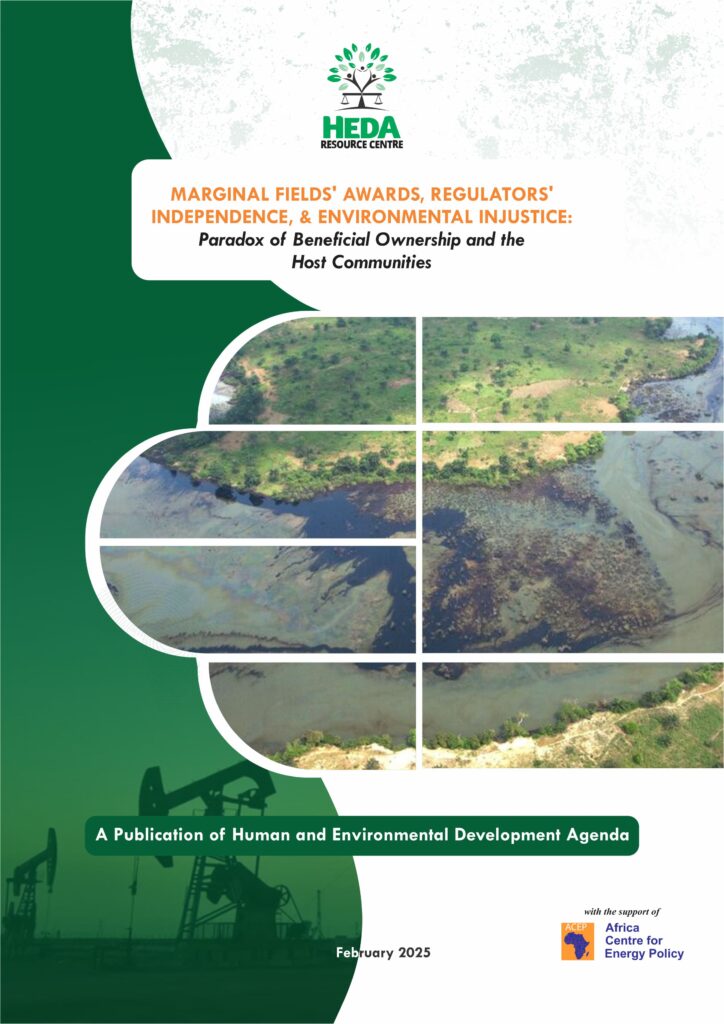Executive Secretary of HEDA Resource Centre, Sulaimon Arigbabu, has attributed farmers’ losses to flooding to a lack of access to climate information services. He highlighted that Nigeria’s food crisis and insecurity stem from resource constraints triggered by climate change. Arigbabu made these remarks during a 1-Day high-level advocacy workshop on enhancing access to climate information services for national development and food security in Nigeria, organized by HEDA and NiMET.
He emphasized the lingering impact of last year’s flooding on communities and noted the additional stress on food-producing communities this year. Arigbabu pointed out that farmers, despite suffering post-flooding, lack the necessary support to lift themselves out of poverty and address food insecurity. He identified a significant but often overlooked issue in agricultural production – the lack of access to climate information services.
Arigbabu called attention to NiMet’s seasonal climate predictions and regular forecasts, stating that this information needs to reach farmers in three crucial ways. Firstly, it should be provided to agricultural policy authorities in all states before the planting season. Secondly, farmers should receive information when preparing for planting to avoid losses due to changing rainy patterns. Thirdly, information is needed about what crops to plant to maximize yield and reduce vulnerability to natural disasters.
The Director-General of NiMet, Prof. Mansur Matazu, revealed at the workshop that Nigeria suffered approximately $4.6 billion in economic damage from floods in 2022. This loss had negative effects on the nation’s GDP, but Matazu expressed optimism about the ongoing recovery efforts. He mentioned a World Bank Survey commissioned by the Ministry of Humanitarian Affairs, which assessed the cost implications of 2022 flood damages in terms of livelihoods, farmlands, and infrastructure.
Matazu highlighted the country’s commitment to recovering from the devastation, emphasizing the government’s efforts, including the establishment of a presidential committee to find lasting solutions to floods. He acknowledged the need to better utilize floodwaters for agriculture, aligning with the government’s policy on achieving food security. Matazu stressed the agency’s dedication to addressing climate change challenges in Nigeria through partnerships and localized adaptation measures to enhance climate-smart agricultural advisories and services.



